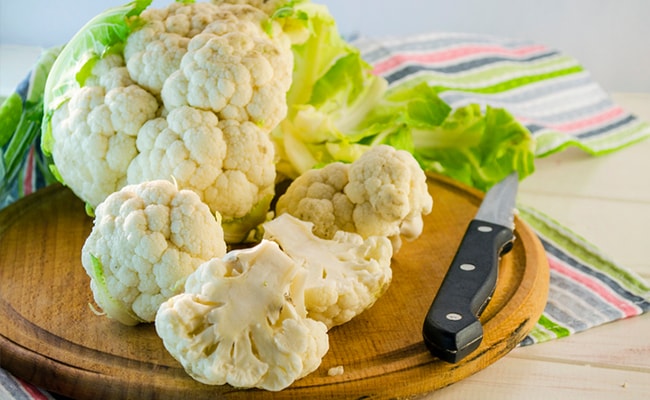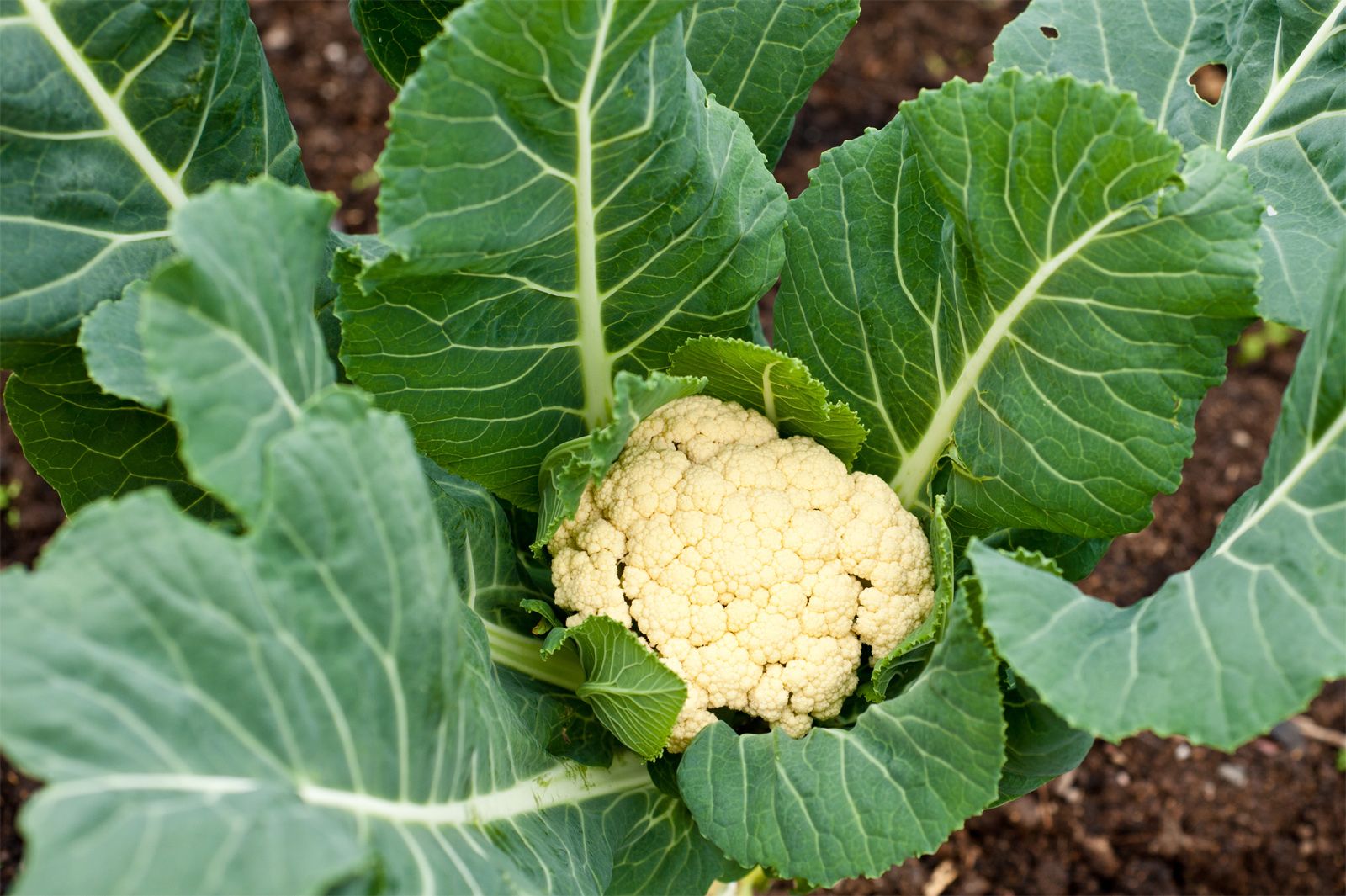Cauliflower rice has gained popularity in recent years as a healthy and versatile alternative to traditional rice. Made from finely chopped cauliflower, it is not only low in calories and carbohydrates but also packed with essential nutrients. In this article, we will explore the health benefits of cauliflower and why you should consider incorporating cauliflower rice into your diet.
Health Benefits of Cauliflower

Cauliflower belongs to the cruciferous vegetable family, which includes other nutrient-rich vegetables such as broccoli, cabbage, and kale. Here are some of the key nutrients found in cauliflower:
Vitamin C
One cup of cauliflower provides about 77% of the recommended daily intake of vitamin C. This essential vitamin acts as an antioxidant, protecting our cells from damage caused by free radicals. It also plays a crucial role in immune function and collagen production, which is important for healthy skin and joints.
Vitamin K
Cauliflower is also a good source of vitamin K, with one cup providing approximately 20% of the recommended daily intake. Vitamin K is essential for blood clotting and bone health. It helps to regulate calcium levels in the body, promoting strong bones and reducing the risk of osteoporosis.
Fiber
Fiber is an essential nutrient for digestive health. It helps to keep our digestive system running smoothly and can also aid in weight management by keeping us feeling full and satisfied. One cup of cauliflower rice contains about 3 grams of fiber, making it a great addition to any diet.
Folate
Folate, also known as vitamin B9, is crucial for cell growth and development. It is especially important for pregnant women, as it helps prevent birth defects in the baby’s brain and spine. One cup of cauliflower provides about 14% of the recommended daily intake of folate.
Potassium
Potassium is an essential mineral that plays a role in many bodily functions, including blood pressure regulation and heart health. One cup of cauliflower rice contains about 9% of the recommended daily intake of potassium.
Why You Should Include Cauliflower Rice in Your Diet

There are several reasons why you should consider incorporating cauliflower rice into your diet. Here are a few:
Low-Calorie, Low-Carb Alternative to Traditional Rice
One of the main benefits of cauliflower rice is its low calorie and carbohydrate content. Traditional rice can be high in calories and carbs, making it a less than ideal option for those trying to manage their weight or blood sugar levels. On the other hand, one cup of cauliflower rice contains only about 25 calories and 5 grams of carbohydrates, making it a great alternative for those looking to reduce their calorie and carb intake.
Versatility in Cooking
Cauliflower rice is incredibly versatile and can be used in a variety of dishes. It can be steamed, sautéed, or even roasted, giving it a similar texture to traditional rice. It also absorbs flavors well, making it a great base for stir-fries, curries, and even sushi rolls. Additionally, it can be used as a substitute for rice in dishes like fried rice or risotto, providing a healthier twist on classic recipes.
Nutrient-Dense Option
As mentioned earlier, cauliflower rice is packed with essential nutrients, making it a nutrient-dense option compared to traditional rice. By incorporating it into your meals, you can boost your intake of vitamins, minerals, and fiber without adding excess calories or carbohydrates.
The Surprising Benefits of Eating Cauliflower Leaves
While most people discard the leaves of cauliflower, they actually offer a surprising amount of health benefits. Here are some reasons why you should consider eating cauliflower leaves:
Rich in Nutrients
Cauliflower leaves are often overlooked, but they are actually rich in nutrients. They contain high levels of vitamins A, C, and K, as well as calcium, iron, and potassium. These nutrients are essential for maintaining overall health and can help prevent nutrient deficiencies.
Anti-Inflammatory Properties
Cauliflower leaves contain compounds that have anti-inflammatory properties. Inflammation is linked to various chronic diseases, such as heart disease, diabetes, and arthritis. By incorporating cauliflower leaves into your diet, you can help reduce inflammation in the body and potentially lower your risk of these diseases.
Sustainable Option
Eating cauliflower leaves is also a sustainable option. Instead of throwing them away, using them in your meals reduces food waste and supports sustainable farming practices. Plus, they are often cheaper than other leafy greens, making them a budget-friendly option.
Incorporating cauliflower rice into your diet is a simple and delicious way to boost your nutrient intake and reduce your calorie and carbohydrate consumption. With its versatility in cooking and numerous health benefits, it’s no surprise that cauliflower rice has become a popular choice among health-conscious individuals. So why not give it a try and reap the benefits of this nutritious and tasty alternative to traditional rice?


